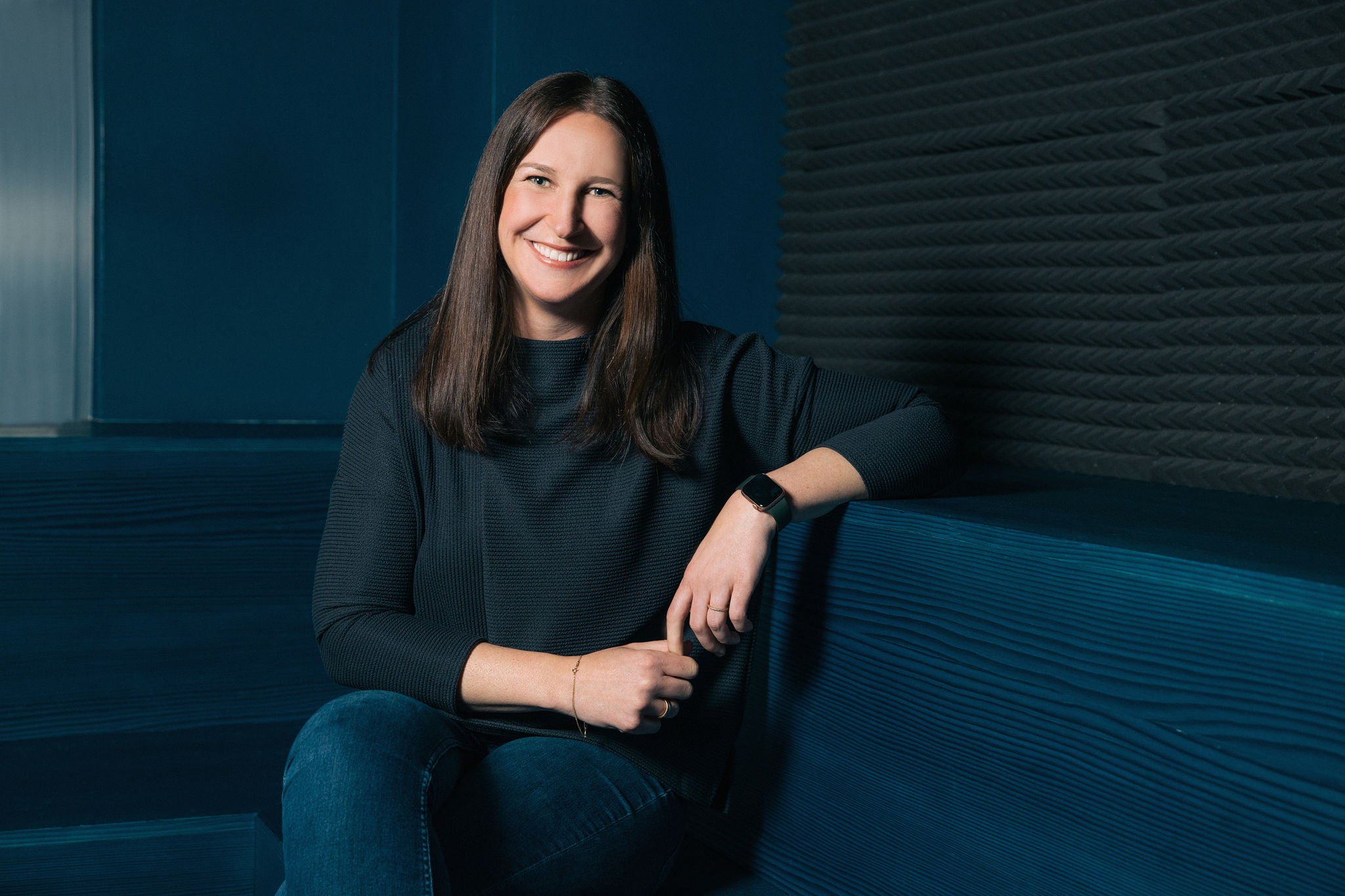Best Trends: It has been about six months since we launched our AI Labs in Munich and San Francisco. What has happened since?
Kevin Prösel: We have experienced a highly dynamic cooperation between our two AI Labs. The curiosity and enthusiasm for discovering the most effective ways to implement and utilize AI, particularly generative AI, have united our agencies in a joint pursuit of excellence. By launching the two Labs at exactly the right time, we've managed to create significant momentum. This not only led to the rollout and first real client deployments of our own generative AI tool “Serviceplan Generate.AI” but also helped to interest and win numerous clients for the whole group.
We have discovered and developed new fields of action for our agencies to offer new products and services – which is ultimately the mission of the AI Labs. Also, we have seized the opportunity to educate a wide range of colleagues across our agencies to better understand the impact of AI and learn best practices. It's clear that technology has truly brought us together.
Best Trends: What is it that makes “Serviceplan Generate.AI” unique?
Kevin: When we were thinking about a generative AI tool for our agencies, we had two factors in mind: first, how to create something that offers more transparency in data-handling and second, how to give users more control over the generative process. Using these questions as guiding principles has resulted in a setup where we have full control over the data structures of Serviceplan Generate.AI, making it GDPR-compliant while at the same time allowing users a maximum of freedom to create extremely modular and fully controllable workflows to generate assets with AI. So, you could say that this setup makes Serviceplan Generate.AI unique.
Best Trends: Talking about tools, there seems to be a new AI tool popping up every day, but many organizations are afraid of implementing a patchwork of tools that do not interact and collaborate. Is that justified?
Kevin: What we are currently witnessing is the first of many waves. The emergence of tools, platforms and start-ups only reflects the very dynamic development of the technologies behind the term “AI”. It's uncertain which technology or approach will prevail during the next waves – but we can say that this evolution is changing the way we interact with technology and with each other, as well as how entire industries operate and define themselves. So, understanding the technologies and finding clever ways of implementing them is crucial. This requires an openness to experiment with all sorts of tools, leading me to believe that organisations must rethink their own processes and embrace a diverse array of tools. This is where we, as AI Labs, can offer support and education. Sooner or later, we will see AI agents that bundle the tasks across a diversity of platforms and tools in one administrable interface and do various jobs autonomously.
Best Trends: Many organizations find AI tools confusing and are unsure about their capabilities. How do you address the challenge of providing adequate training and education for employees?
Rob Wrubel: I think this is probably one of the most critical topics because of the excitement, but also the general anxiety around AI and these systems, both internally and within client organizations. We really have to design AI initiatives as very collaborative learning experiences. In many ways I think when we reach clients regarding AI, it is very helpful to say that in the early stages what we're doing is experimenting and piloting, so they can both learn and train their internal teams along with us.
Kevin: I absolutely agree. We see cultural differences in how technology is traditionally understood and approached. Also, the understanding of what AI is and what it can do is not universally consistent. There is the general misunderstanding that AI is just some miraculous “thing” capable of everything – which absolutely is not the case. So, the first step when I discuss AI is to manage these expectations and educate that AI merely is a very powerful tool across numerous possible scenarios each requiring a different approach. It has required a steep learning curve to identify the basic approach and the most common use cases. This was mostly achieved, as Rob stated, by experimenting, trial and error. Following this, we were able to break down best practices and educate groups of key users across our agency group about the technology and how to use Serviceplan Generate.AI in their daily work. This not only enabled them to utilize the tool effectively but also to ignite curiosity and spread knowledge within their teams.
Best Trends: Having both an AI expert from Germany and the US here, what can European companies learn from the Silicon Valley when dealing with AI?
Rob: I think the most important learning from Silicon Valley is just committing to doing. And not to take so much time thinking and planning and understanding and starting to do. So, experiment quickly and then adapt – because that's how you learn and that's how you create an effective long-term AI strategy.
Kevin: Following what Rob states, I clearly see one main key cultural attitude, from which we as Europeans can learn: “just do it”. Applied to AI this means simply experimenting with ways of how to implement it, rather than just speaking theoretically about it. There is absolutely no reason to fear failure as this is essentially part of working with the diverse possibilities of AI and tailoring them for concrete client use cases. Also, our experience has revealed that the exchange of knowledge isn't necessarily one-directional; it’s not just Europeans learning from the US. Conversely, we also offer valuable solutions and insights through Serviceplan Generate.AI and our expertise with Diffusion models that originated in Germany. This mutual exchange has proven to be extremely beneficial, paving the way for even more fruitful collaboration in the future.
Kevin Prösel, General Manager AI Lab in München
Rob Wrubel, Co-Founder und Managing Partner AI Lab in San Francisco
Interested in more content?
Back to Issue #16


